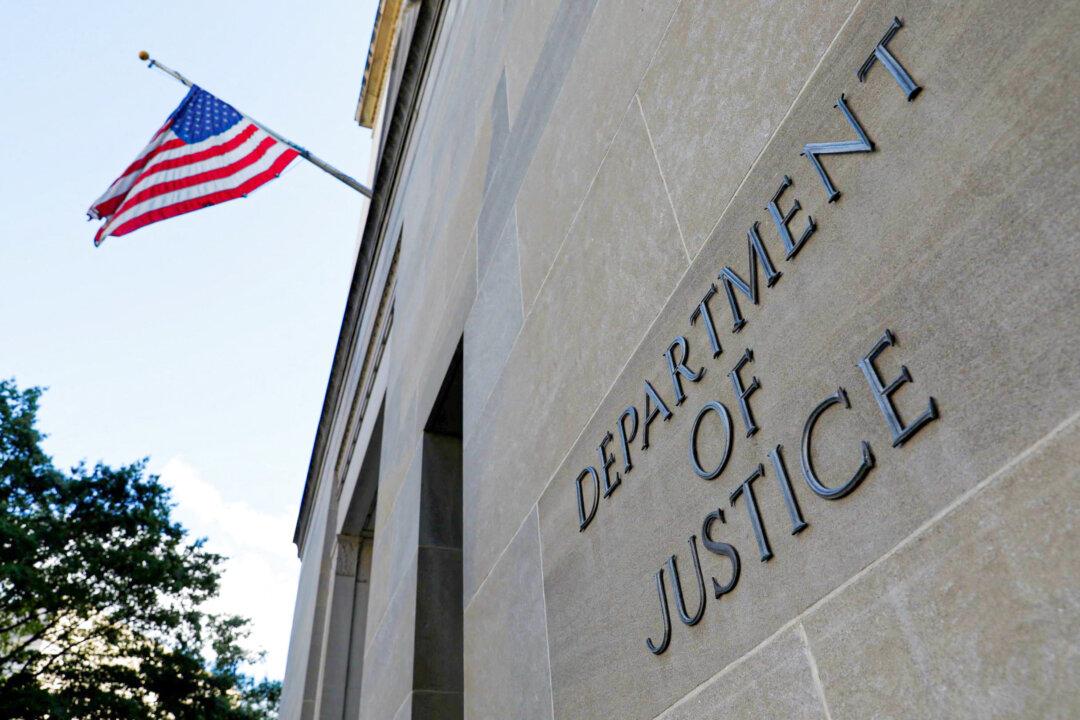A new poll indicates that bipartisan skepticism of federal spying practices is on the rise—a fact that could make the Biden administration’s push to renew certain powers under the Foreign Intelligence Surveillance Act (FISA) more challenging.
The national AP-NORC poll, conducted March 16–20, shows that Republicans and Democrats espouse similar views on government surveillance tactics, though Republicans’ willingness to forfeit some liberties for safety has significantly declined over the last decade.
Overall, 48 percent of respondents said they believed it was “sometimes necessary” for the government to sacrifice some rights and freedoms to combat terrorism, down from 54 percent in 2021 and 64 percent in 2011.
Among Republicans, the decline was even greater, with just 44 percent responding in the affirmative compared with 69 percent in 2011. For Democrats, the shift was more minimal: 55 percent agreed, compared with 59 percent in 2011.
The new survey also touched on several surveillance practices authorized under FISA Section 702.
When asked whether they were in favor of the U.S. government listening to phone calls made outside the United States without a warrant, 44 percent of respondents said they opposed the practice, compared with 28 percent who responded favorably. An additional 28 percent said they neither favored nor opposed the practice.
Participants responded similarly regarding the warrantless monitoring of foreign nationals’ emails and internet searches.
Expiring Program
FISA was first enacted in 1978 in response to the unjustified surveillance of U.S. citizens under the Richard Nixon administration. The goal was to facilitate judicial and congressional oversight of the government’s foreign surveillance practices while still maintaining a certain level of secrecy for national defense purposes.
In 2008, the law was expanded to include Section 702, which authorizes the warrantless monitoring of the communications of foreign nationals located outside of the United States. Although the law expressly prohibits the targeting of U.S. citizens through these programs, their communications are sometimes caught up in the mix. Those communications can then be searched by law enforcement and intelligence agencies.
That fact has opened the door to numerous abuses of the law in recent years, with the latest reported examples including the FBI’s improper surveillance of Jan. 6 and Black Lives Matter protesters.
Acknowledging that such abuses are “completely unacceptable,” an FBI spokesperson told The Epoch Times last month that the bureau had already taken action to “make sure these errors do not happen again.”
However, according to the FBI Office of Internal Auditing, improper searches of U.S. citizens’ communications continue to occur.
Still, federal officials say that Section 702 is essential for thwarting terrorism and bolstering national defense. But with the law’s authorization set to expire on Dec. 31, they’ll need to convince Congress to agree—a feat that may be more challenging this year than it has been in the past.





